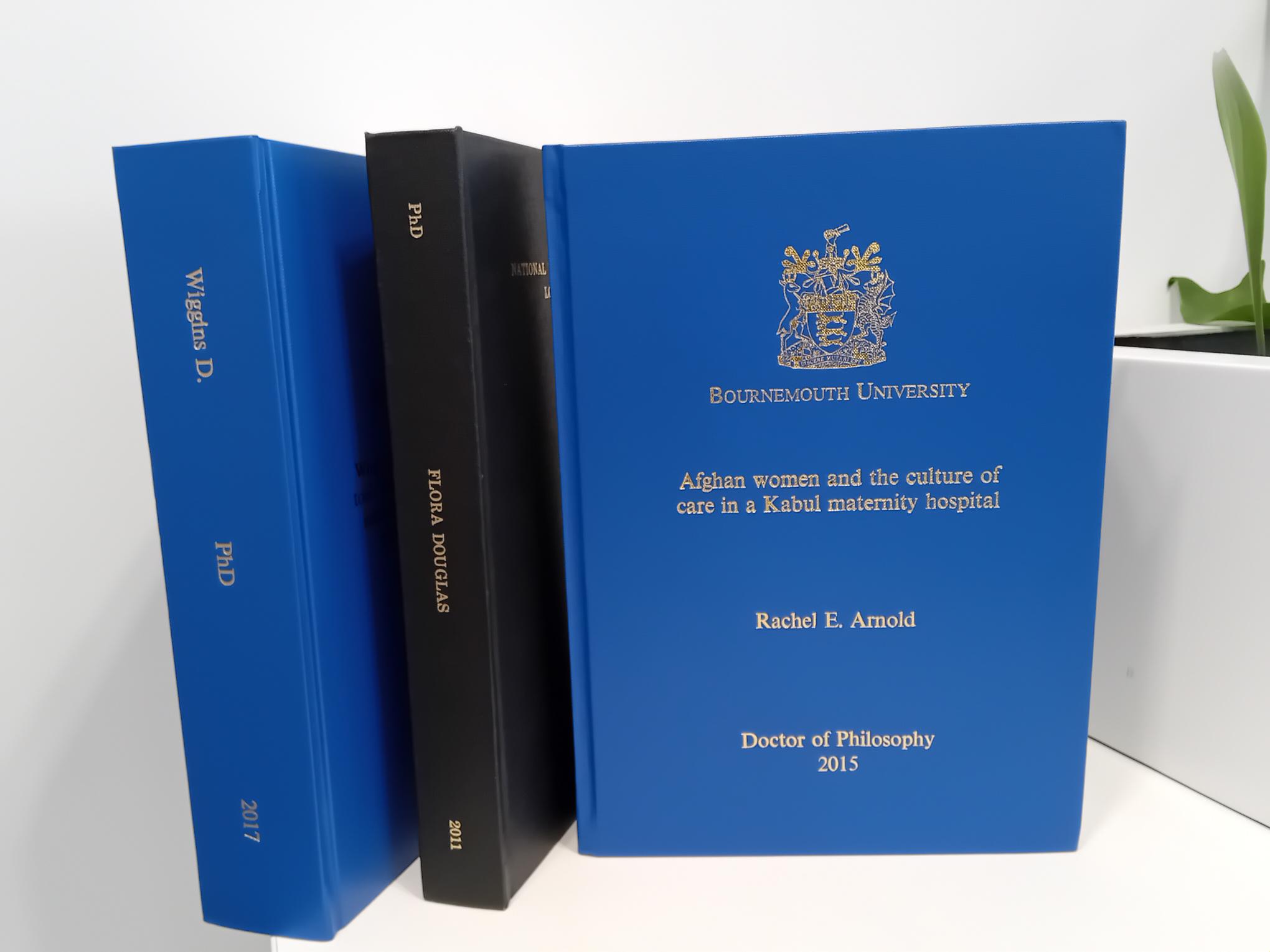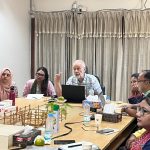Postgraduate students, especially PhD students dramatically expand a university’s research capacity. They contribute significantly to data collection, analysis, the day-to-day management of research projects, and publications that might otherwise be impossible to sustain. Postgraduate students are central to progressive research-active communities. PhD student also frequently serve as mentors to undergraduate researchers or Masters’ students, creating a cascade of learning that benefits all participants.
Beyond individual projects, postgraduate students help build research infrastructure through their contributions to lab management, protocol development, the exchange of innovative ideas, and so on. These contributions create lasting benefits to staff as well as higher education institutions. Academic communities with PhD students often promote collaboration, provide emotional and intellectual support, and create spaces where ideas can be tested and analyses refined before wider dissemination.
This expanded capacity allows universities to pursue more ambitious research agendas and respond to complex challenges requiring multidisciplinary approaches. The postgraduate journey requires carefully planned mentorship, giving students increasing autonomy, and ownership of their scholarly contribution. This apprenticeship model has proven remarkably effective in preparing the next generation of academics for centuries.
This blog was created as part of the Professional Discourse in the Age of AI: an interactive writing workshop facilitated by Prof. Debbie Holley and Prof. Carol Clark in the Faculty of Health & Social Sciences at Bournemouth University. Since last week’s workshop was on the topic, we have used the help of AI in the writing of this BU Research Blog!
Dr. Kathryn Collins, Prof. Vanora Hundley & Prof. Edwin van Teijlingen
 Capacity building with CIPRB staff in Bangladesh
Capacity building with CIPRB staff in Bangladesh Academic capacity building in Nepal
Academic capacity building in Nepal Research capacity building
Research capacity building










 BU Festival of Social Sciences invite at RNLI
BU Festival of Social Sciences invite at RNLI MaGPIE Presents at UK Parliament: From Mass Graves to Courtroom
MaGPIE Presents at UK Parliament: From Mass Graves to Courtroom Festival of Social Science: Introducing drowning prevention in Bangladesh
Festival of Social Science: Introducing drowning prevention in Bangladesh BU PhD student attending HIV conference on scholarship
BU PhD student attending HIV conference on scholarship ECR Funding Open Call: Research Culture & Community Grant – Apply Now
ECR Funding Open Call: Research Culture & Community Grant – Apply Now MSCA Postdoctoral Fellowships 2025 Call
MSCA Postdoctoral Fellowships 2025 Call ERC Advanced Grant 2025 Webinar
ERC Advanced Grant 2025 Webinar Horizon Europe Work Programme 2025 Published
Horizon Europe Work Programme 2025 Published Horizon Europe 2025 Work Programme pre-Published
Horizon Europe 2025 Work Programme pre-Published Update on UKRO services
Update on UKRO services European research project exploring use of ‘virtual twins’ to better manage metabolic associated fatty liver disease
European research project exploring use of ‘virtual twins’ to better manage metabolic associated fatty liver disease